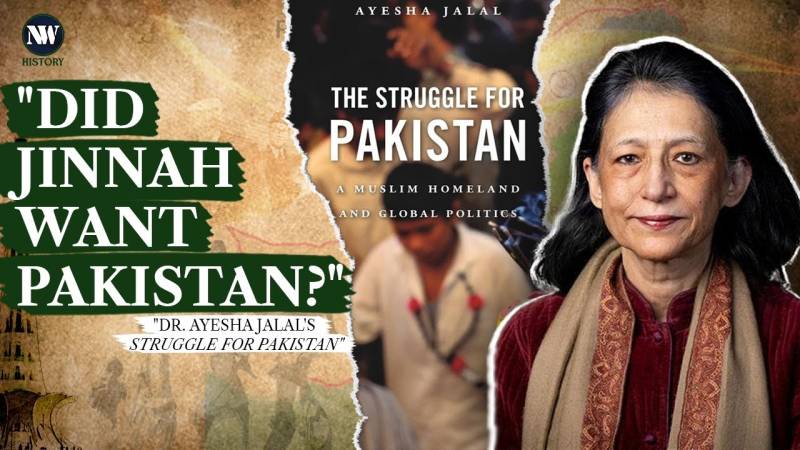In Pakistan's history, impulsive emotions and state-sponsored narratives have often obscured a genuine engagement with the past. Governments, driven by ideological imperatives, have significantly impeded objective understanding of historical events. This challenge is further exacerbated by a dysfunctional educational apparatus, and a media landscape that is held captive by powerful people with vested interests, thus perpetuating a historical narrative that is replete with distortions.
Pakistan's past is rife with tragic moments, political assassinations, and a recurrent theme of mysterious deaths of important people. This history is both tricky and intricate, as the nation has tried to balance the imperatives of reconciling its Islamic identity with the demands of existing as a modern state.
The military, influenced by geopolitics, and caught between great power conflict, has made things even more complicated.
The pivotal moment of Benazir Bhutto's assassination in 2007 echoes the still unsolved killing of Liaquat Ali Khan in 1951. Both events are punctuated by patterns of political trickery, institutional neglect, and a lack of accountability. The investigations faced cover-ups, revealing collusion in high offices. This pattern has deep roots, intertwining with military dominance, Cold War politics, and regional tensions. And people mostly hear the prevailing narrative that is shaped by those in power, changing history to fit their control and maintain their hegemony.
What's more, the systemic deficiencies that exist within Pakistan's educational and media landscapes play a pivotal role in sustaining these distortions and repackaging the same narratives. Even amongst the educated population, there's an inclination to accept the official historical discourse without question, leading to a pervasive disposition towards intellectual complacency and ignorance.
In this tough situation, Pakistan’s citizens ought to recognize a resounding moral imperative to look and think -- to approach their history and their legacy with wonder, open minds, and a critical acumen.
Dr. Ayesha Jalal, a Pakistani-American historian, emerges as a distinguished figure in this endeavor. Her contributions not only question what the official historical record says, but also advocate for an open-minded exploration of historical events, fostering a culture where people ask questions and try to find the real story.
Starting with her classic work on partition, The Sole Spokesman: Jinnah, the Muslim League, and the Demand for Pakistan, she has been the foremost historian of the Muslim homeland. Dr. Jalal is widely recognized for her expertise in South Asian history, particularly in the areas of modern India and Pakistan. A prolific writer, she has authored several books that have garnered both critical acclaim and a broad readership, making her a prominent figure in the academic and literary world.
Her dedication to exploring the multifaceted history of the Indian subcontinent has established her as a leading authority in the field, influencing the way we understand the region's past and its relevance to the present.
Dr. Jalal's work is important for figuring out Pakistan's past and historical fabric. By advocating for thinking and looking with open eyes, she provides an approach that allows the dismantling of the myths and misconceptions that have pervaded our historical consciousness. Her work extends an invitation to Pakistanis to reclaim agency over their historical narrative, to ask questions, and to commit to seeking the truth.
Dr. Ayesha Jalal’s “Struggle for Pakistan” is a seminal work on the history of Pakistan that should be read by anyone who wants to truly understand not just Pakistan the country but the struggle that is to be Pakistan today.
The very existence of this country may seem to be a bundle of contradictions and nuances, which can only be navigated through the work of a consummate historian like Dr. Jalal. This book does precisely that. It helps us put into place the pieces of the jigsaw puzzle that is Pakistan.
In a world where ideas often change or subdue objective realities, asking questions and thinking is of paramount importance.
Pakistanis have internalized the threats, imagined and real, to the political stability and security of their country. An overwhelming fear of continued chaos and violence, if not outright disintegration, has made it difficult to arrive at balanced assessments of a disturbing past or present, to plan for the future as a unified and coherent nation.
Pakistanis ought not just look, but should commit themselves to a project of interrogating the status quo, making way for a strong intellectual tradition that goes beyond simplistic political narratives. Engaging in this project collectively holds the potential to guide Pakistan towards a better future - a future that has a more thoughtful comprehension of the nation’s multifaceted history at the center.

